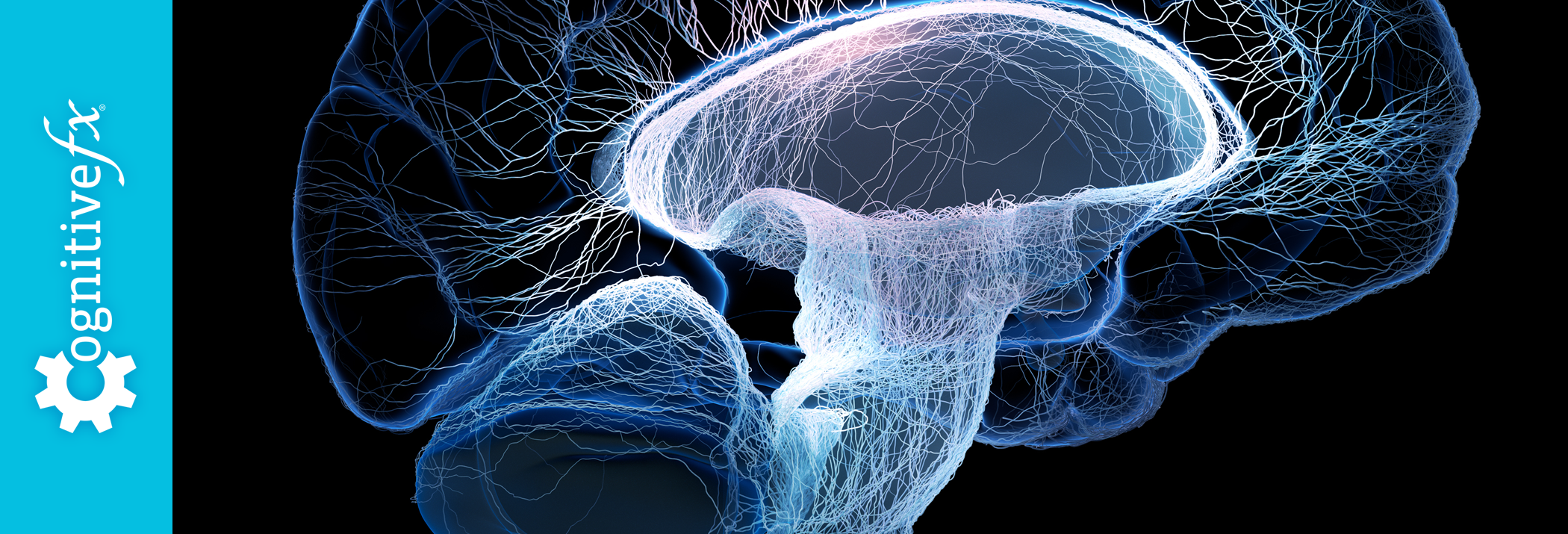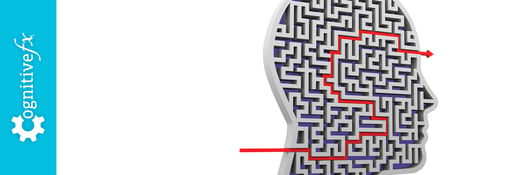What comes to mind when you think of the word “syndrome?” Many commonly known syndromes are often associated with genetic factors or medical diseases that are often lifelong or have lasting effects. Because we know that many post-concussion symptoms are treatable, Cognitive FX agrees with the recent change in terminology and diagnosis that replaced post-concussion syndrome with the more accurate title of post-concussion symptoms.
What was post-concussion syndrome?
According to the latest International Classification of Diseases (ICD-10), post-concussion syndrome included “subjective physical complaints (i.e. Headache, dizziness), cognitive, emotional, and behavioral changes. These disturbances can be chronic, permanent, or late emerging” (King, Crawford, Wenden, Moss, & Wade, 1995). More specifically, post-concussion syndrome referred to a cluster of problems that emerge or worsen after receiving a concussion, with symptoms lasting longer than three months.
These post-concussion symptoms could include:
- Headaches
- Dizziness
- Nausea/vomiting
- Sound sensitivity
- Light (brightness) sensitivity
- Fatigue
- Forgetfulness/memory impairment
- Poor concentration
- Blurred vision/double vision
- Sleep disturbance
- Irritability
- Feeling more depressed or emotional
- Feeling more frustrated or impatient
Some people report struggling with speech, word finding, and processing speed as well.
Dealing with these symptoms long-term presents many challenges to daily living. Add to that the discouragement of hearing them termed as a syndrome? This identification has left many patients feeling hopeless.
Why the shift from syndrome to symptoms?
This shift in language for diagnosis and treatment for the TBI community comes from Congressman Bill Pascrell. At the Brain Injury Awareness Day on Capitol Hill in March 2018, he discussed a new way of seeing post-concussion symptoms.
Until the last decade, little was understood about how to support or treat those suffering after a concussion or TBI. It was believed that, once injured, the brain’s ability to recover was limited at best. However, recent, revolutionary developments in concussion treatment have shown the brain’s remarkable ability to heal itself with the proper mode of treatment. As the brain heals, symptoms are significantly improved and eased, proving that these post-concussion symptoms are that: symptoms, not a syndrome.
Our research has clinically shown significant improvement in symptoms associated with post-concussion effects (Wing, Tucker, Fong, & Allen, 2017). Our patients self-report an average improvement from symptoms of 60% in one week. At CFX, we are finding these improvements both objectively with biomarkers in our imaging protocol and subjectively with patient symptom reports. Other medical providers and clinicians are also finding that both improvement and recovery are possible, even when a patient has dealt with post-concussion symptoms for many years.
Because of these advancements in concussion research and treatment, we know that long-term concussion symptoms do not need to be presented as a chronic or permanent syndrome. Because improvement in these symptoms can be—and, in many cases, already have been—achieved, symptoms should be presented to affected individuals as symptoms that can be treated. Concussion and TBI survivors need to know that their symptoms may not be enduring. Their symptoms need not be accepted as a permanent part of life.
How will the shift from post-concussion syndrome to post-concussion symptoms impact the community?
Seeing a concussion as a syndrome is a dead-end diagnosis that limits a patient’s ability to find treatment and recovery, making the recovery journey seem like an uphill battle. We see many patients who were taught to believe that, because they had “post-concussion syndrome,” their symptoms were permanent with no hope for improvement. This shift in terminology will not only alter the way that patients see their own capability, but also the way that doctors and medical providers treat and support patients throughout recovery, as they recognize that recovery and improvements are not hopeless.
If you suspect that you or someone you love may have post-concussion symptoms, schedule a complimentary consultation with Cognitive FX or sign up for a quick overview of Cognitive FX to learn more about our treatment and how we help TBI survivors find relief from post-concussion symptoms.
Sources:
- King, N.S., Crawford, S., Wenden, F.J., Moss, N.E.G., Wade, D.T. (1995). The Rivermead Post Concussion Symptoms Questionnaire: A measure of symptoms commonly experienced after head injury and its reliability. Journal of Neurology, 242, 587. Retrieved from: https://doi.org/10.1007/BF00868811
- Wing B.H., Tucker B.J., Fong A.K., Allen M.D. (2017). Developing the standard of care for post-concussion treatment: Neuroimaging-guided rehabilitation of neurovascular coupling. The Open Neuroimaging Journal, 11, 58-71.





